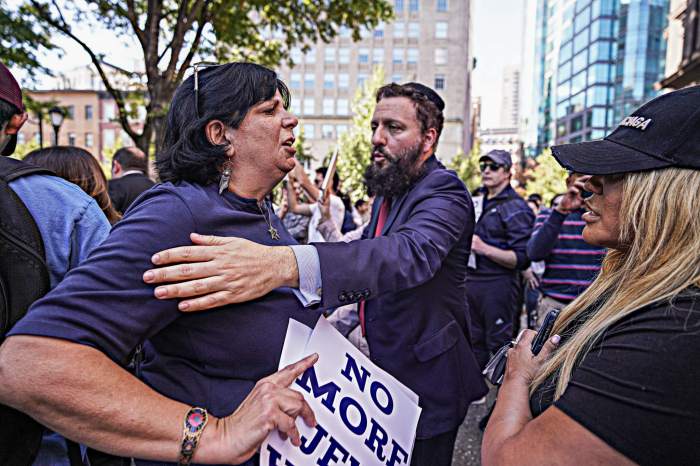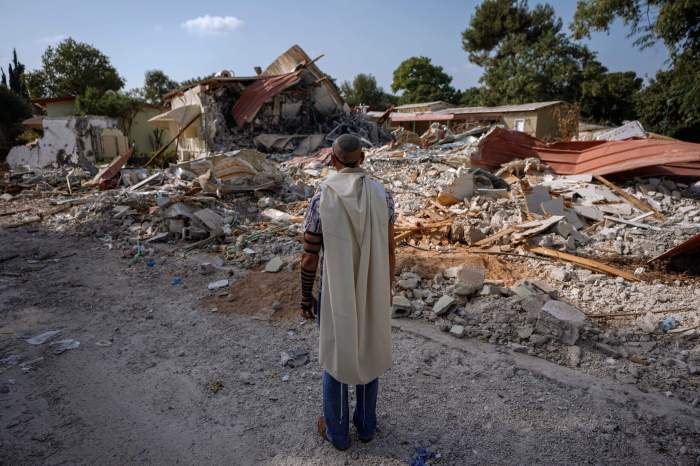
With shootings on the rise in some neighborhoods, employing technology to alert police where gunfire breaks out is worth a shot.
That’s what the gunfire-detection system ShotSpotter does. It was deployed this week in seven precincts in the Bronx and 10 in Brooklyn where shootings are a problem. The innovative system uses multiple, strategically placed sensitive microphones — acoustic sensors — to pick up the sound of gunfire and pinpoint the location of the shots.
That electronic heads-up will allow police to rush to the scene, even in the three-in-four instances of gunfire when nobody bothers to call 911. That will raise the odds that anyone who fires a gun will be caught. And the prospect of a quick, reliable police response might persuade others not to risk shooting at all.
The NYPD has been testing ShotSpotter since 2011. A few of the system’s sensors were deployed in Brooklyn last year, where they picked up shots associated with the Dec. 20 execution of police officers Wenjian Liu and Rafael Ramos. The officers were sitting in a parked patrol car in Bedford-Stuyvesant when police said Ismaaiyl Brinsley shot them and later killed himself.
Other municipalities around the country are using ShotSpotter. The system has generally been credited with helping to reduce gun violence, but at least one police department noted that a high incidence of false alarms was a problem.
Like most technology, ShotSpotter, a product of California-based SST Inc., will improve with time. And NYPD Commissioner Bill Bratton should have a good grasp of its potential and limitations. He was a member of SST Inc.’s board for a year before returning to the city as commissioner in January 2014. He has no financial interest in the company, police said. That’s important since he must objectively gauge how well the system performs.
The city has benefited from an extraordinary two-decade drop in gun violence. Technology that extends the eyes and ears of police should aid the push to see how low it can go.

















